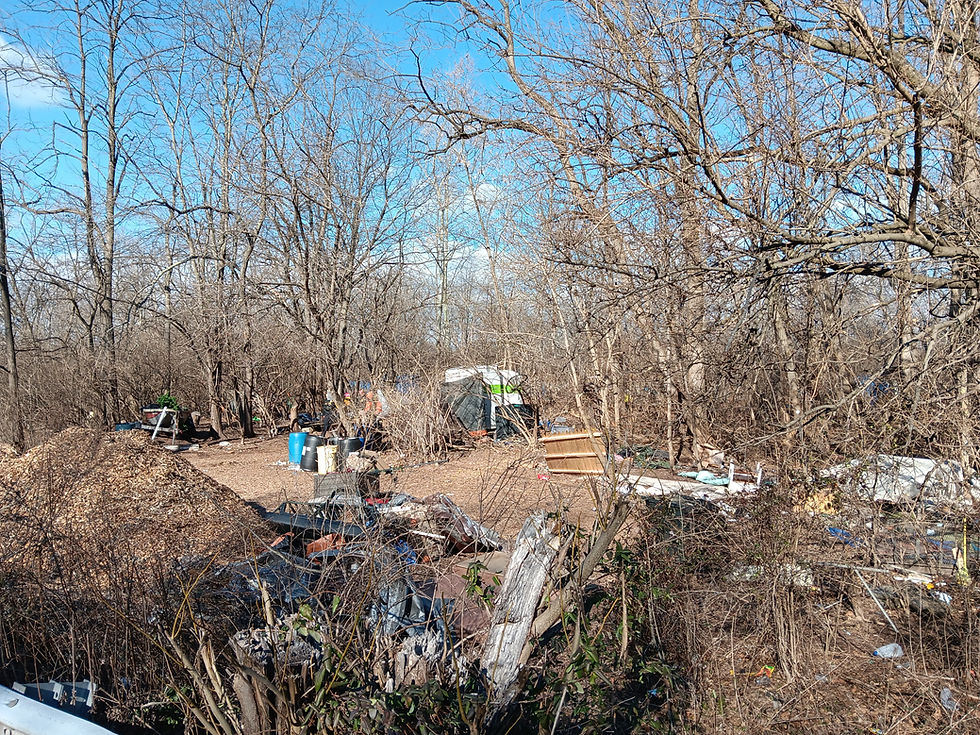State Action Needed to Incentivize Affordable Housing
- Michael Hays
- Feb 4, 2024
- 3 min read
Updated: Dec 25, 2024
On Thursday evening, we hosted a Policy Forum to discuss actions at the local and state levels. A full article with notes from the meeting will be posted Monday morning.
**The related editorial below was published in The Reporter and Times-Herald online editions.

If you offer tax breaks, they will build it in Florida.
And if policymakers and housing advocates want builders to construct housing at the scale needed to make those units affordable to people earning middle to low incomes, then developers need to be incentivized to do so. That’s exactly what the law signed by Florida Gov. Ron DeSantis has done so far, resulting in a recent explosion of new multi-family construction. Pennsylvania should take notice.
The Florida legislation, known as the Live Local Act, took effect just seven months ago. It offers developers tax breaks, while allowing them to bypass local zoning regulations if enough middle income (aka: workforce) housing is built. Florida defines “middle income” as individuals or households who earn 120 percent or less of the area’s median income. For the Philadelphia region and surrounding suburbs, that amounts to $90,720 or less for a family of four (or about $63,500 or less for a single person).
Miami’s market is so hot that some developers are switching from pure market-rate projects to ones that emphasize workforce housing, just to take advantage of the incentives, according to the Wall Street Journal. When ranked by major metro areas, five areas in Florida cracked the top 15 in the U.S. for highest percentage of rental units under construction (as a percentage share of total inventory), the WSJ article reported.
As it turns out in the Walt Disney state, you do not need to “wish upon a star” for housing that is more affordable for all – just show them the dollars. There has been local reporting about the drawbacks to a loss of “local control” of zoning/land development. However, there are certainly ways to compromise to maintain the overall built-out character of a given region while still reducing onerous regulations that drive up the cost of housing.
How can this translate to Pennsylvania?
In fairness, there were 216,223 more housing units built in 2022 than in 2012, a 3.9% increase, according to the Capital-Star. Yet, we need to become more ambitious so that low-income renters are not left out. The National Low Income Housing Coalition states that the Keystone state has a shortage of over 267,000 rental units. And according to the Home Builders Association of Montgomery and Delaware counties, we have been under-building across income levels since the Great Recession of 2008.
Call to action: Voters should support a package of bills aimed at easing zoning burdens, which has been sponsored by three Republican State Senators: John DiSanto, Dan Laughlin, and Greg Rothman. A companion package is being introduced in the PA House by Democrats Reps Josh Siegel and Tarik Khan. These bills would “grant the automatic right to use manufactured housing and accessory dwelling units in single-family zoning districts,” according to DiSanto’s office. “For municipalities with larger populations, medium-density housing will also be permitted by right. Further, the legislation will ensure onerous minimum lot sizes and parking space requirements don’t interfere with housing affordability.”
Then, Pennsylvania Gov. Shapiro should get bold in his February 6 budget address. We need greater investments in rental assistance and line items within the Pennsylvania Housing Finance Agency, specifically the PHARE program, which helps create, rehabilitate, and support of affordable housing throughout the Commonwealth
In a particularly fractured and partisan time, it is encouraging to read bipartisan legislation aimed at tackling one of our most pressing challenges – housing costs. The time has come for action at the state level.
Mike Hays
Co-director Montco 30% Project
.png)



Comments